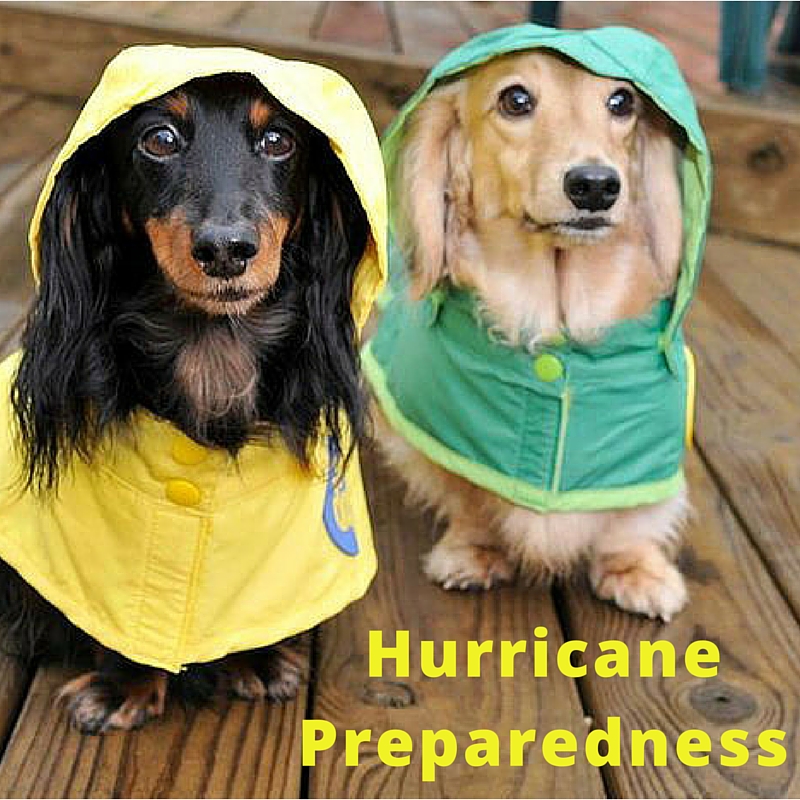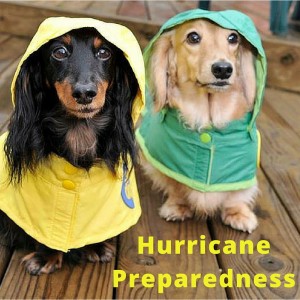
 3 P’s for Hurricane Preparedness
3 P’s for Hurricane Preparedness
Living in the Gulf South region, we’re well acquainted with hurricanes and the unique set of headaches and challenges they can bring. The Atlantic hurricane season lasts from the beginning of June until the end of November and peaks twice, once in August and once in October – so we aren’t out of the woods just yet. Everyone who calls this region “home” needs to be well-versed in hurricane preparedness; here are three major things to make sure you’re doing.
- Plan. Have a plan in place for you and your family. There are many helpful tip sheets and guidebooks that cover what you need to include in your plan (see “Helpful Resources” below), but you’ll definitely want everyone to be on the same page as to how you’ll keep in touch and where you’ll meet up, if applicable. Educate your family members on how they can stay up-to-date on emergency alerts in the area. Consider printing a list with important phone numbers on it: everyone in your family, workplaces, local hospitals, etc.
- Prepare. If you’re evacuating: Fill up your car with gas ahead of time to avoid the long lines at the gas station. Know where you will be heading, and let your friends or family know if their house is the place you’ll be coming to. Learn your city’s evacuation routes and research any potential alternate routes. It’s probably best to leave as early as possible to avoid delays in travel; roads can get extremely congested during an evacuation by not only traffic, but weather-related roadblocks. Take any irreplaceable items with you and important documents like your birth certificates, passports, and any cash in the house. Don’t forget your pets and any related care items.
If you’re staying at home: You should not stay at home if evacuation is advised or mandatory, but in the event that it is an option, you’ll want to make sure you have adequate supplies to stick it out at home. Think about any essentials you need for your family’s daily routine, and then buy enough of them to last a few weeks, just in case.
This includes:
- Water (1 gallon per person per day),
- A basic first aid kit,
- Medications,
- Flashlight,
- Batteries,
- Radio,
- Canned goods,
- Toilet paper,
- Fill up your bathtub and any big buckets you have with water so you’ll have an extra supply; you can also use this to flush the toilet, if necessary.
- Turn your fridge and freezer settings as cold as possible and only open if truly necessary. It can help to have a few coolers full of ice; store anything you’ll eat in the coolers so you don’t have to open your fridge. This will decrease the likelihood of spoilage.
Whether you’re staying or going, you’ll still need to stay in tune with what’s going on in your city. Decide if you’ll do this through apps on your phone (see “Helpful Resources” below), radio stations, following a news station, the Weather Channel, or another venue.
- Practice makes perfect. Practicing your hurricane preparedness plans, much like a school drill, well reinforce it and make it easier to employ in times of great stress. Be sure to continuously review your plans, practice them with your family, and strengthen areas that need work.
Helpful Resources:
- Red Cross Shelter Finder http://www.redcross.org/mobile-apps/shelter-finder-app
- Developing an Emergency Communication Plan http://www.ready.gov/make-a-plan
- FEMA Featured Hurricane Resources http://community.fema.gov/hazard/hurricane/be-smart
- Handy Phone Apps for Emergencies: http://www.emergencymgmt.com/disaster/Batch-Of-Apps-For-Hurricanes.html
